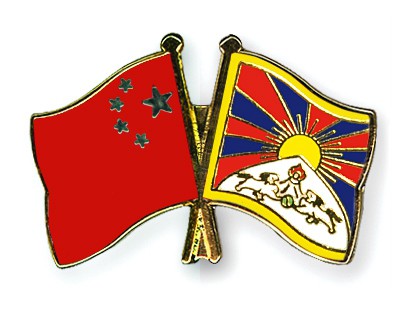On May 23, 1951, an agreement between the Central People’s Government and local Government of Tibet was signed. The 17- article agreement was the bases for the peaceful liberation of Tibet. The year 2021 marks the 70 year of this agreement.
China few days before the anniversary released the third white paper titled “Tibet Since 1951: Liberation, Development and Prosperity”. The paper describes the history of Tibet as well as the development that has taken so far. The paper also criticised the Western anti-Chinese forces disturbing the peace and interfering in the Tibetan affairs. In the paper they condemned and accused the 14th Dalai Lama of spreading instability and rumours in the Tibetan region. After summarizing its success in leading the people of Tibet to stability and prosperity, CPC proposed guidelines for the governing Tibet in the new era.
According to the paper, four main tasks were taken into consideration:
- Ensuring stability
- Facilitating development
- Protecting eco-environment
- Strengthening the frontiers
All these will work on to ensure unity, civility and modernization.
This is the third white paper in the Xijing era, the first and second were released in 2015 and 2019. The third paper is all about tightening their control over Tibet and how they will increase their influence in the region.
All the above takes have both internal and external policy implications for China. Although there has been mentioned of Indo-Sino border issues involving the area but there has been mention about the activities of Special Frontier Force (SFF). But it was the western forces namely US and Dalai Lama seen as a negative force.
The white paper also refers that the motives of policies like ‘Tibet Policy Act of 2020’, the ‘Reciprocal Access to Tibet Act of 2018’ and the ‘Tibet Policy and Support Act of 2020’ are just to create disturbance and interference in the domestic working of China.
As India shares long history and borders with Tibet, their stability and peace is of major concern for us too. But for China, it will only come through dominating India. China wants to achieve their dream of dominance and power is crushing the lives and innocence of the Tibetan people. China’s human right violation cannot be covered through the development projects and policies. That is the only for world show. Despite all the efforts to supress Dalai Lama’s presence and authority in Tibet, it is not something that cannot be wiped off. The white paper has left a little room for compromise and we cannot see any bases of solution in the future anytime soon.









